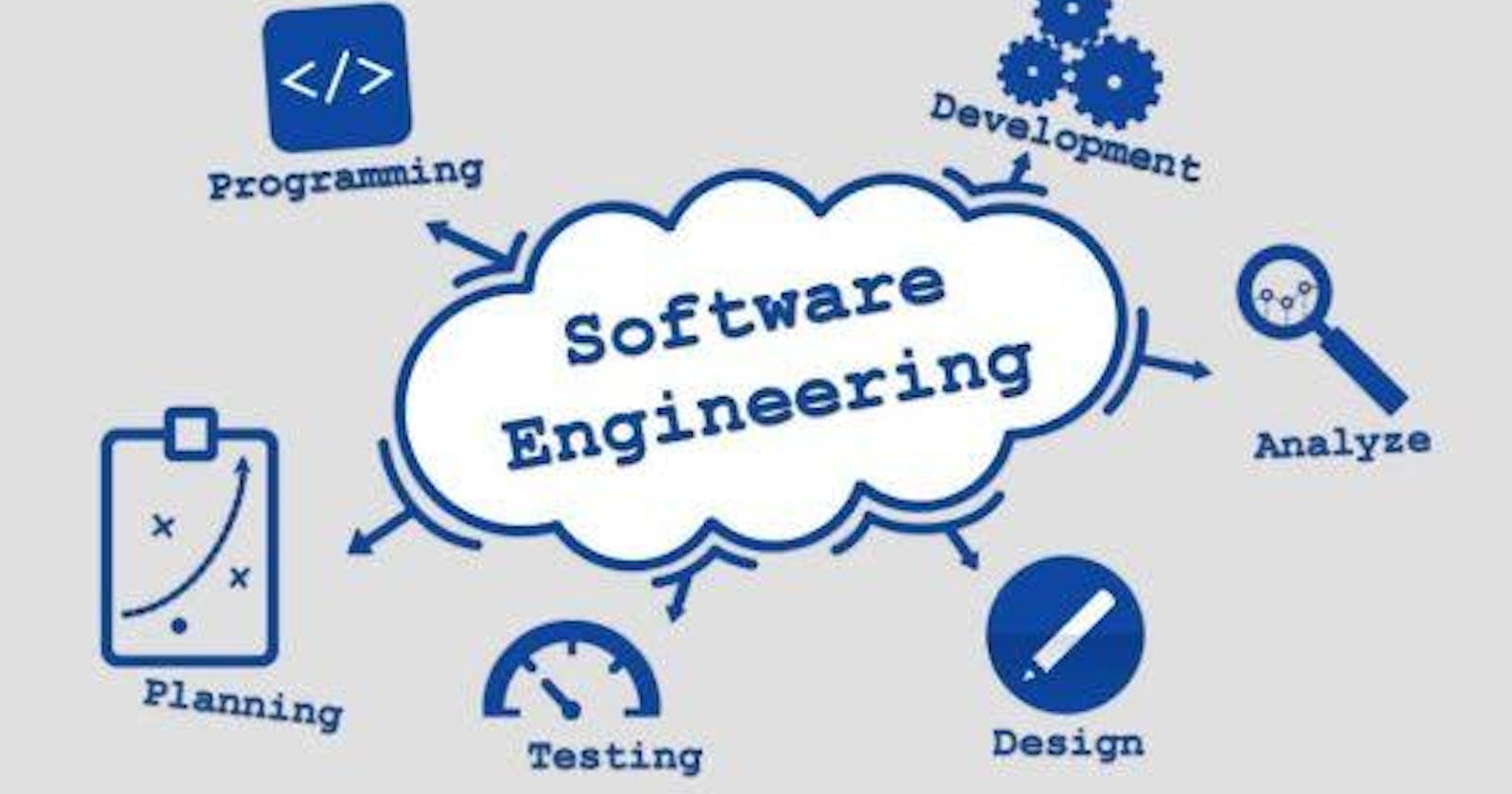What is Software Engineering
Software Engineering according to wikipedia is a systematic engineering approach to software development.
Who's a software engineer
Software Engineer is a professional who applies the principles of software engineering for designing, development, maintenance, testing and evaluation of computer software. They create the tools to develop softwares like Visual Studio & Eclipse, they also work with other components of the hardware system.
Relationship of Software Engineering with Other Disciplines
Here, how software engineering related to other disciplines:
Computer Science : Gives the scientific foundation for the software as electrical engineering mainly depends on physics.
Management Science : Software engineering is labor-intensive work which demands both technical and managerial control. Therefore, it is widely used in management science.
Economics : In this sector, software engineering helps you in resource estimation and cost control. Computing system must be developed, and data should be maintained regularly within a given budget.
System Engineering : Most software is a component of a much larger system. For example, the software in an Industry monitoring system or the flight software on an airplane. Software engineering methods should be applied to the study of this type of systems
Types of Software Engineering
Operational Software Engineering : Software engineering on the operational level focuses on how the software interacts with the system, whether or not it is on a budget, the usability, the functionality, the dependability, and the security.
Transitional Software Engineering : This type focuses on how software will react when it is changed from one environment to another. It typically takes some scalability or flexibility in the development.
Software Engineering Maintenance : Recurrent software engineering focuses on how the software functions within the existing system, as all parts of it change.
Software Development Lifecycle or SDLC is a series of stages in software engineering to develop proposed software application, such as:
1) Communication
2) Requirement Gathering
3) Feasibility Study
4) System Analysis
5) Software Design
6) Coding
7) Testing
8) Integration
9) Implementation
10) Operations and maintenance
11) Disposition
Career paths in software engineering
Once you become a software engineer, you can choose which path you want to take (applications or systems) and how far you want to progress with it. You can decide to advance toward a role as a senior software engineer, or you can continue gaining certifications and experience to advance to roles like project manager or systems manager. As a software engineer, you have both flexibility and mobility to create the career experience that is most appealing to you.
Software engineering skills
Coding languages like Python, Java, C, C++, or Scala
Object-oriented programming
Database architecture
Agile and Scrum project management
Operating systems
Cloud computing
Version control
Design testing and debugging
Attention to detail
